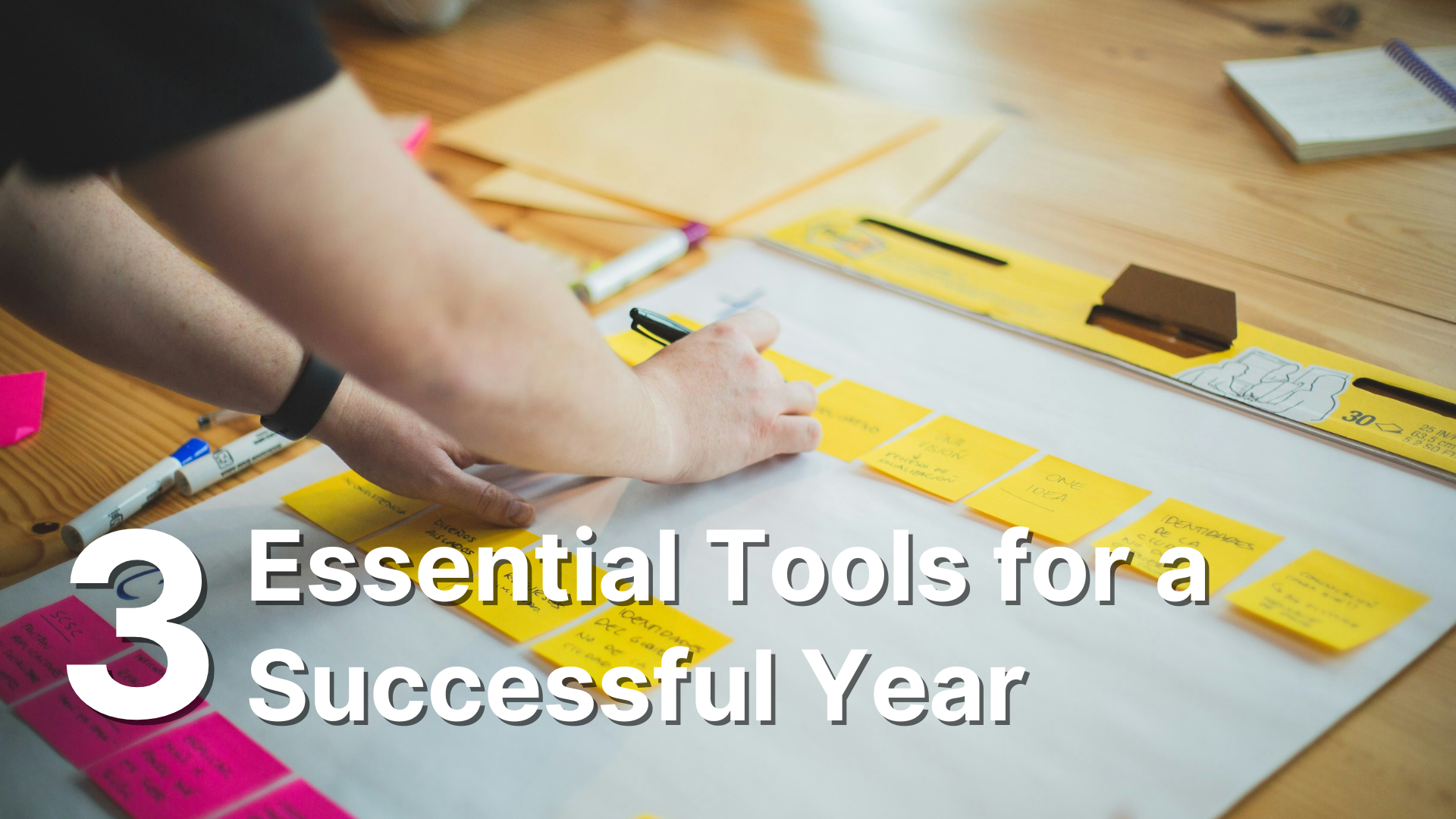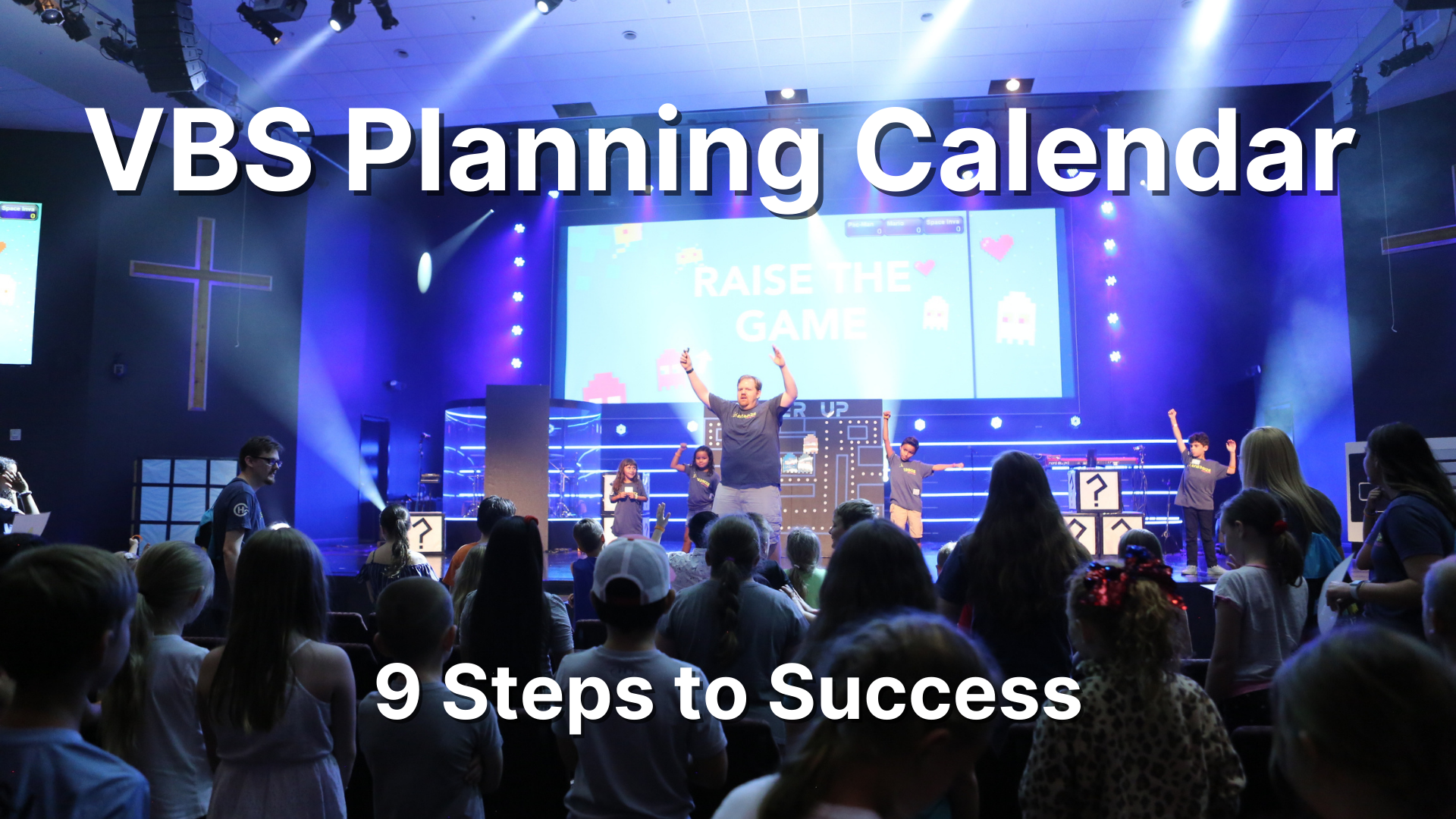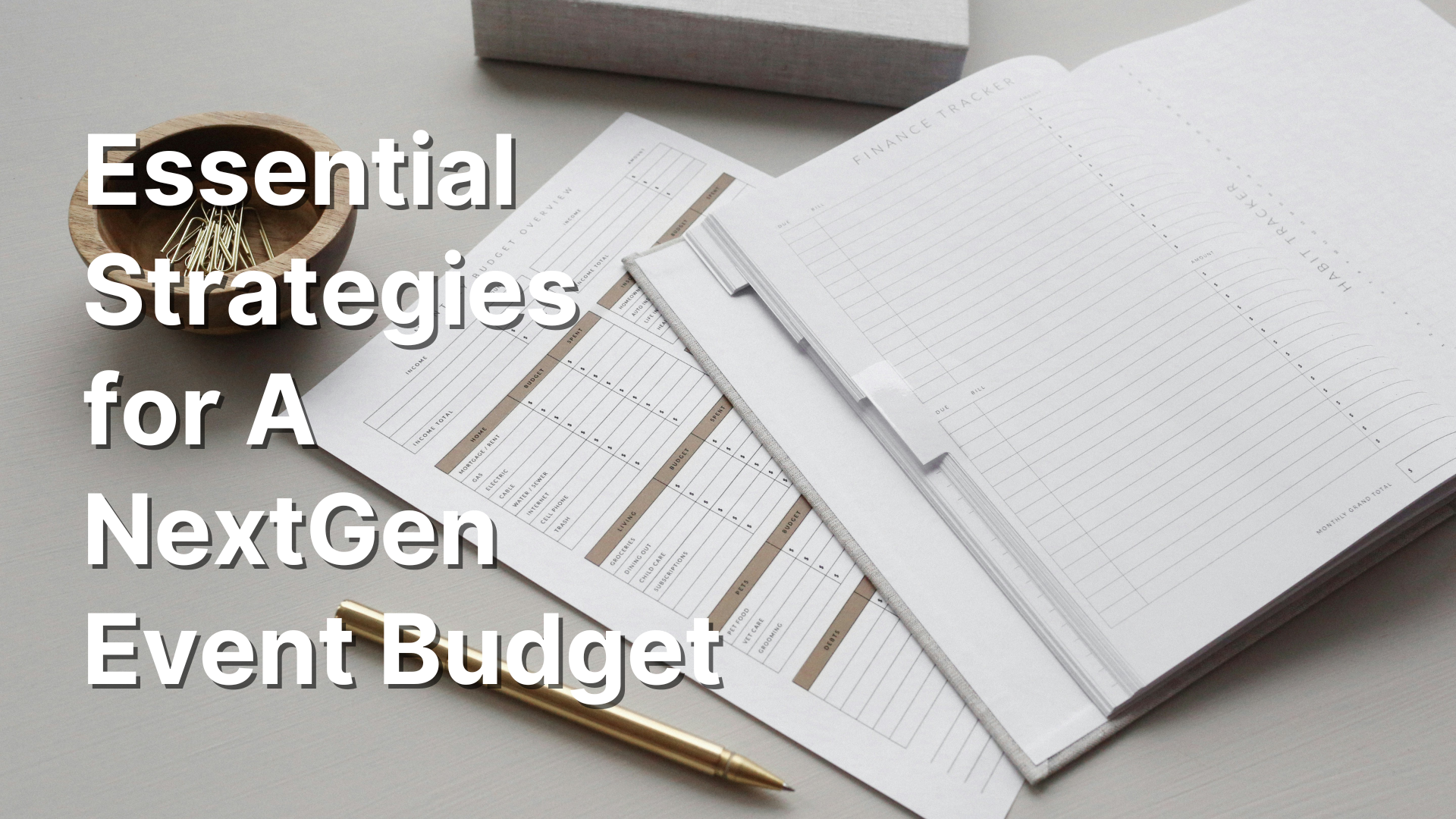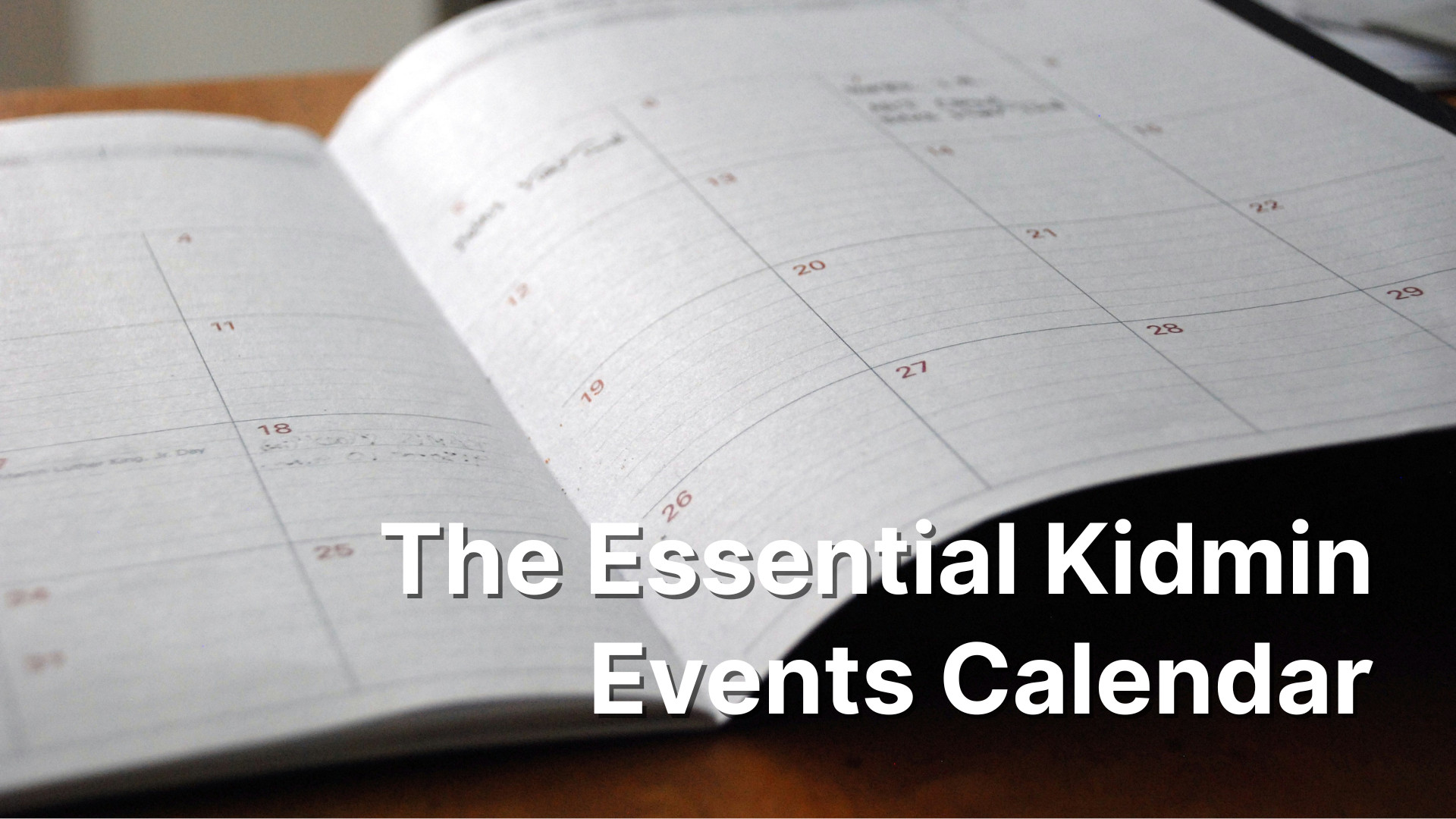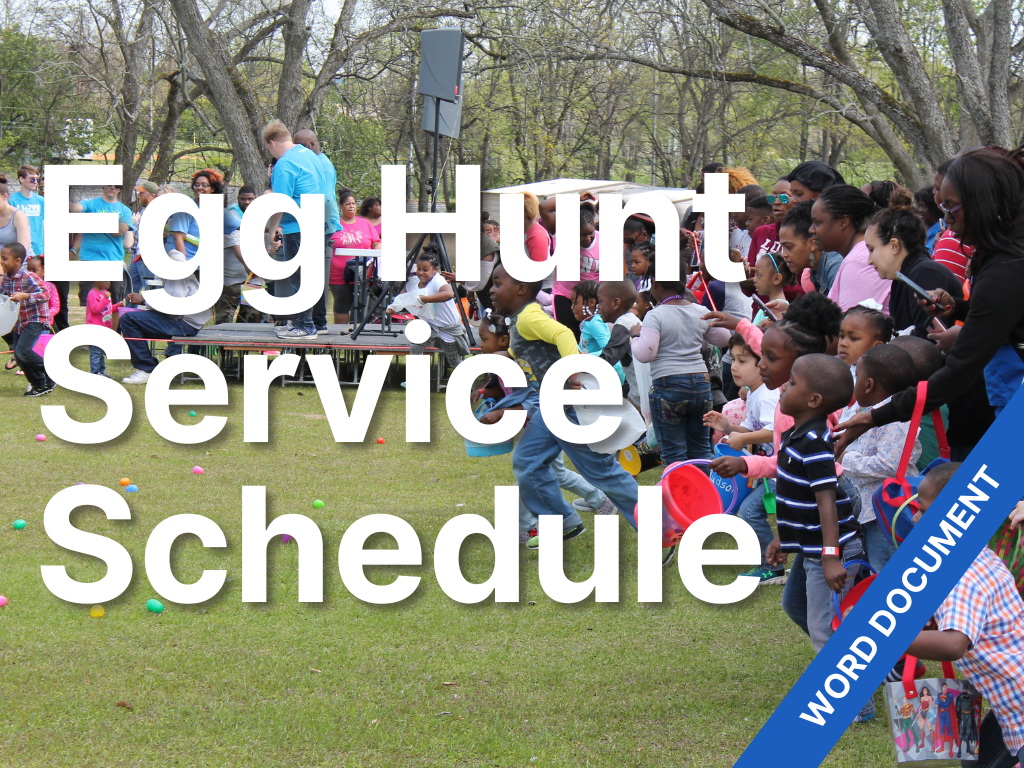3 Essential Tools for a Successful Year
Photo by Brands&People on Unsplash
It’s the end of the year. And as busy as we are with Christmas, it’s also important to look ahead. If you want to have a successful ministry, then you need to have a plan. You can’t wander into January and hope that things will happen. There needs to be intentionality and purpose to the things you do.
To create this plan for the new year, you need 3 essential tools, your goals, your calendar, and your budget. I’ve written about each of these separately before. I’ll link to those posts throughout. In this post, I’ll talk about how to use each one in tandem and how they can help you be successful in the new year.
1. Goals
As Stephen Covey wrote in his seminal book, The 7 Habits of Highly Effective People, you have to begin with the end in mind. If you’re always floating from one task to the next without a plan, you’ll find you did a lot of things, but didn’t accomplish much. This is why goals are so important. They point you in the direction you want to go. They allow you to avoid distractions and keep your focus.
Goals answer the question “what do you want to do?” So, as you plan next year ask yourself, “what do you want to accomplish?” Do you want to see more people saved and baptized? Do you want to have more people in your church or ministry? Do you want to start a new ministry? Or reach out to your community?
As you answer these questions, you’ll begin to get an idea of where you’re headed. You can make a plan for accomplishing these goals instead of just hoping that they happen. If you want more help for setting ministry goals, you can read about them here.
Never create goals in a vacuum. As you dream, incorporate your team and your leadership. They will help you see blind spots and/or keep you on the right path.
2. Calendar
I’ve written a lot about creating your calendar. I even created a course to help you plan next year. Having goals are great, but you need to answer the next question, When do you want to accomplish your goals?” When do you plan to have that outreach? When do you plan to start that new ministry? When do you plan to start that new invitation ministry?
You can’t start all of these in January. Your people will get overwhelmed quickly and quit on you. There’s only so much time in the day, week, or month to get things done. So, use your calendar to make sure your goals happen by spacing things out.
To make sure my goals are spaced out sustainably, I like to work backwards when making my plans. I put the date of the event or ministry launch on my calendar then start working backwards. I put when I need to order supplies, start my marketing, recruit volunteers and anything else I can think of. I talk about this strategy more in this post.
Your calendar can be used for so much more than just dates and events. It can be a lengthy to do list that will keep you on track and help you actually accomplish your goals.
3. Budget
Very few people like to talk about budgets, but money is what makes the world go ‘round. You can have a great plan and know exactly when everything needs to get done. But if you don’t have enough cash, you’ve just put words on a page.
Goals answer the what question. Calendar answers the when. Budgets answer, “how are you going to accomplish this?”
Creating a budget can be tricky depending on how your church budgets. I’ve served in churches that wanted a category for just about everything and others that gave me a lump sum. Some churches require their leaders to fundraise. While other lead pastors just wait for you to ask.
I have my own opinion of what works best, but unless you’re the lead pastor, you have to do what they want.
No matter how your church budgets, you still need to know the basics. How much will it cost? Where will the money come from? How will you account for the money that’s spent? What’s the return on investment?
You need to know the answers to all these questions before you get started. Sure, you may need to make changes as you go along, but at least you have an idea.
If you’re looking for guidance on how to build your own ministry budget, I wrote a post here and provide a template here. If you’re looking for a specific event budget, this post can help as well.
If you’re going to be successful next year, you need to lead with intentionality and purpose. Don’t stop at goals. Go further and put your goals on your calendar. And don’t forget to count the cost with your budget.
As I said before, don’t plan out your year all by yourself. Incorporate others in the planning process. Make sure every step is bathed in prayer. Ask God for wisdom, insight, and understanding at each step. You may move past good ideas and find God ideas. Those never fail.
I pray your next year be your best yet. I pray you reach more people for Christ and your ministry grows beyond what you can imagine. Let’s have a great 2025!

